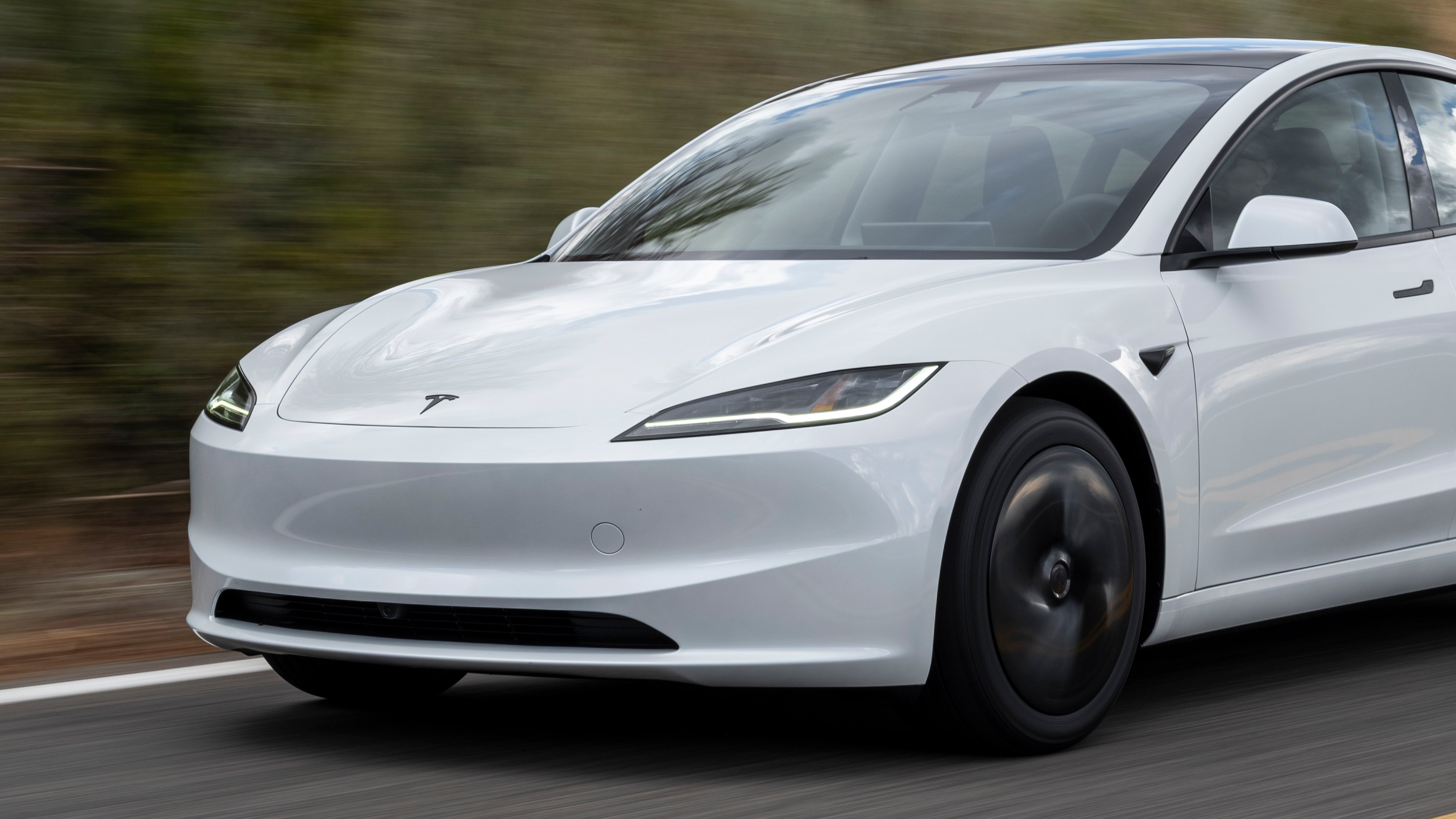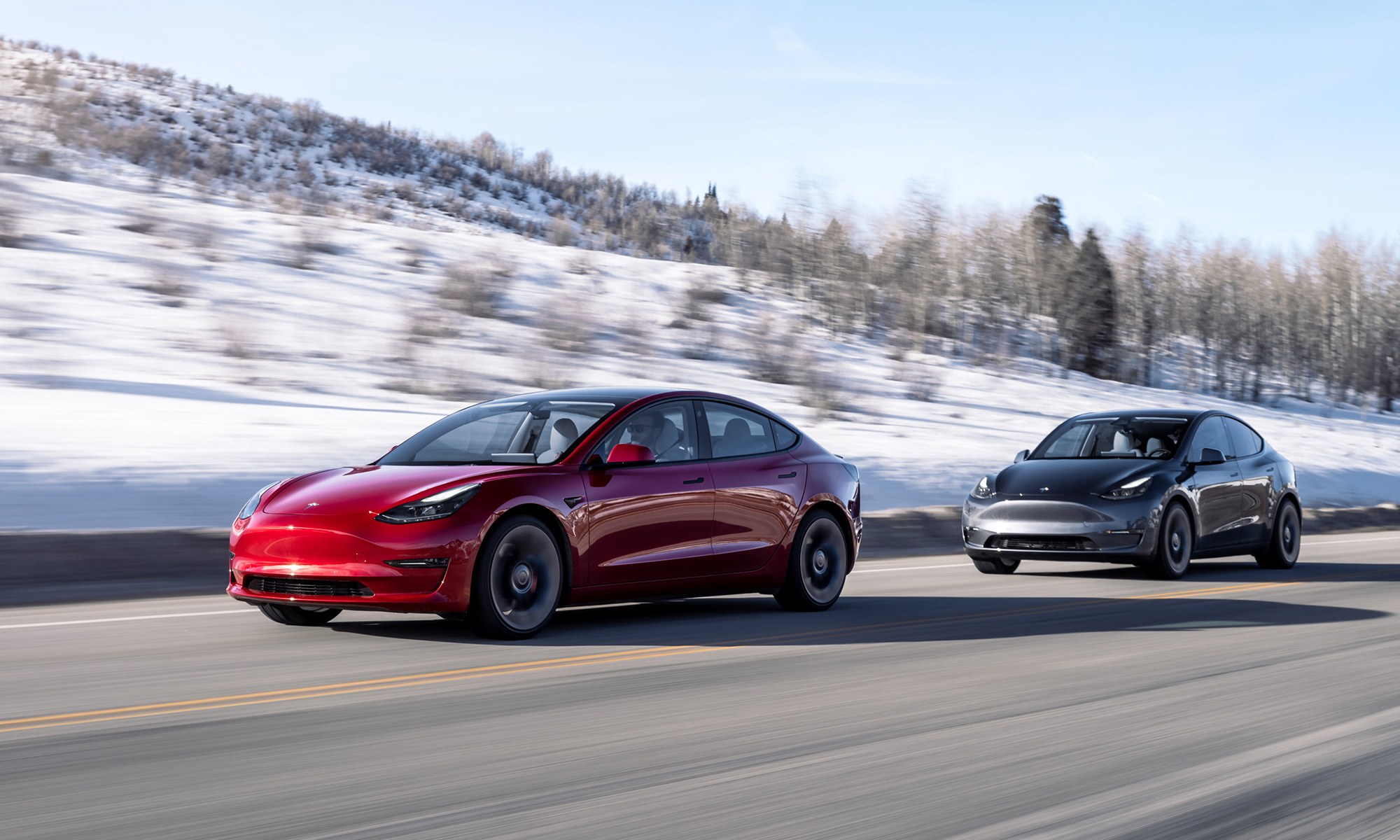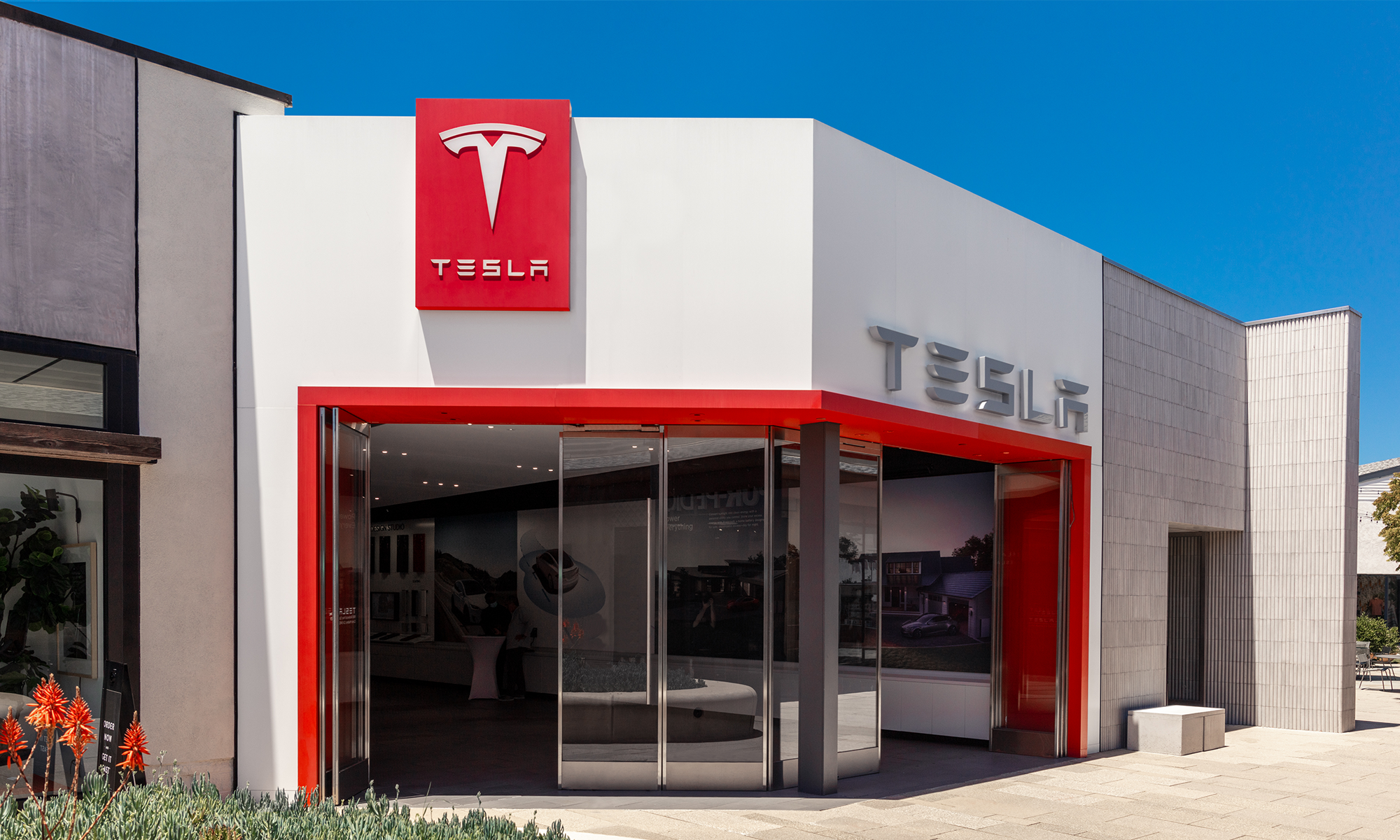What happened
Shares of leading electric vehicle manufacturer Tesla Inc (TSLA +0.10%) fell 22.4% in March, according to data provided by S&P Global Market Intelligence, as investors started to question whether the company could deliver Model 3 units as quickly as planned. The stock may have gained most of its losses back early in April, with shares trading over $300 as I'm writing, but it's worth understanding why it was down in the first place.
So what
The big question facing Tesla today is: Can it make the Model 3 profitably and at scale in 2018?
If it can, the company will increase cash flow from operations quickly as production is ramped up and it can use that cash flow to fund other growth projects. If the Model 3's delays continue, it may mean Tesla needs another injection of capital from either debt or equity markets. And given the number of times the company has had to turn to public markets for money, there's a risk that investors won't want to fund another delayed project.

Image source: Tesla.
During the month of March, investors were concerned that more delays were on the horizon as word leaked that Tesla was rushing to meet its end-of-quarter goals. Bonds fell, raising the potential cost of funding if debt needs to be issued, and the stock market followed suit.
At the end of the day, 9,766 Model 3s were made in the first quarter, including 2,020 in the last week of the quarter, falling well short of the 2,500-per-week pace management had predicted. But they stuck with a projection of a production pace of 5,000 Model 3 units per week at the end of the second quarter, giving investors enough confidence to rush back into the stock in April.
Now what
Tesla continues to fall short of its own production targets, but management has stated they don't expect another capital raise this year to fund the Model 3 expansion. I'm skeptical that capital won't be needed, but it may not matter if Tesla's stock remains above $300. Right now, Tesla's future rides on the market's confidence in the company and there doesn't seem to be much that can deter investors betting on Tesla. But shareholders should watch its capital needs, because if Wall Street suddenly stops the flow of money to Tesla, the company could be in a perilous financial position.






